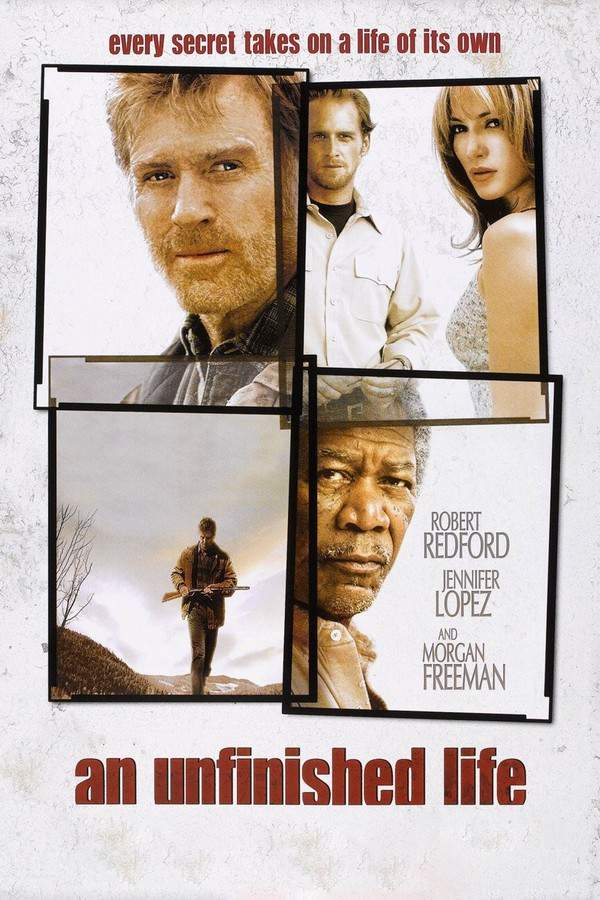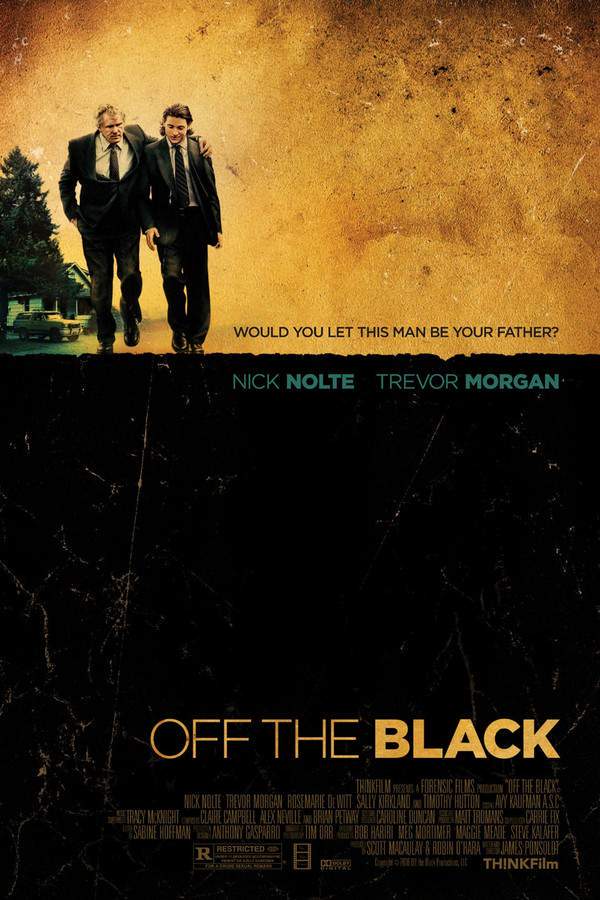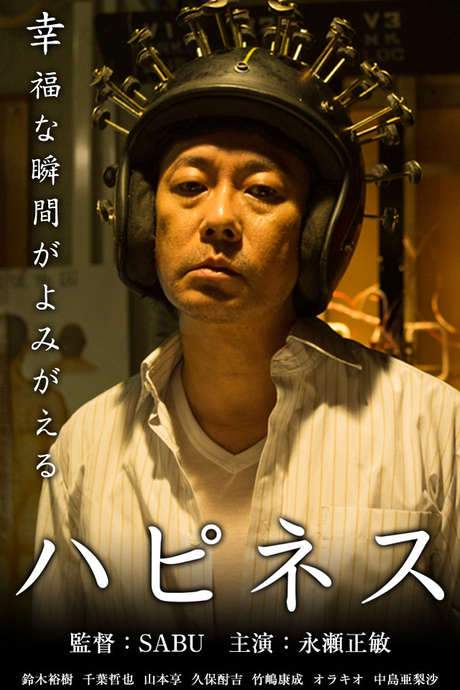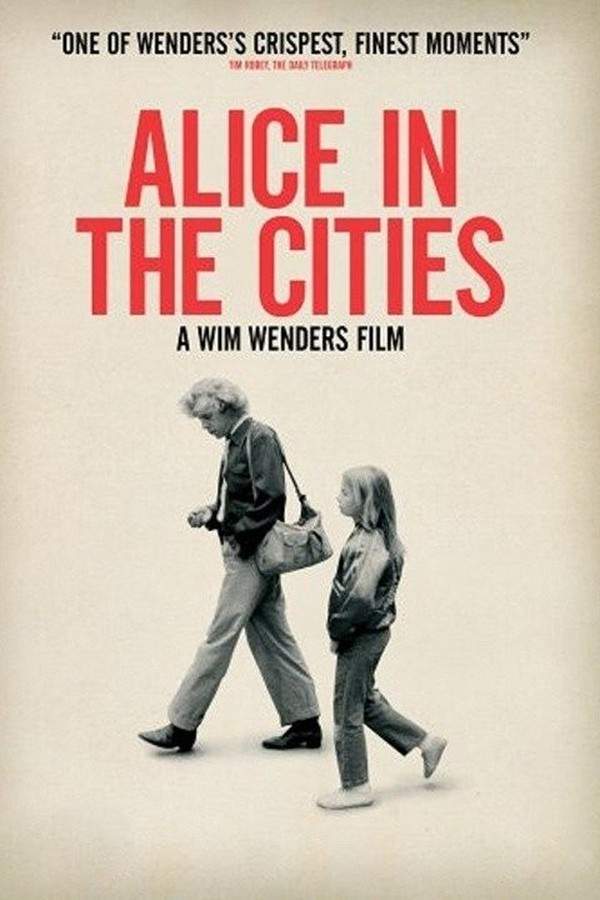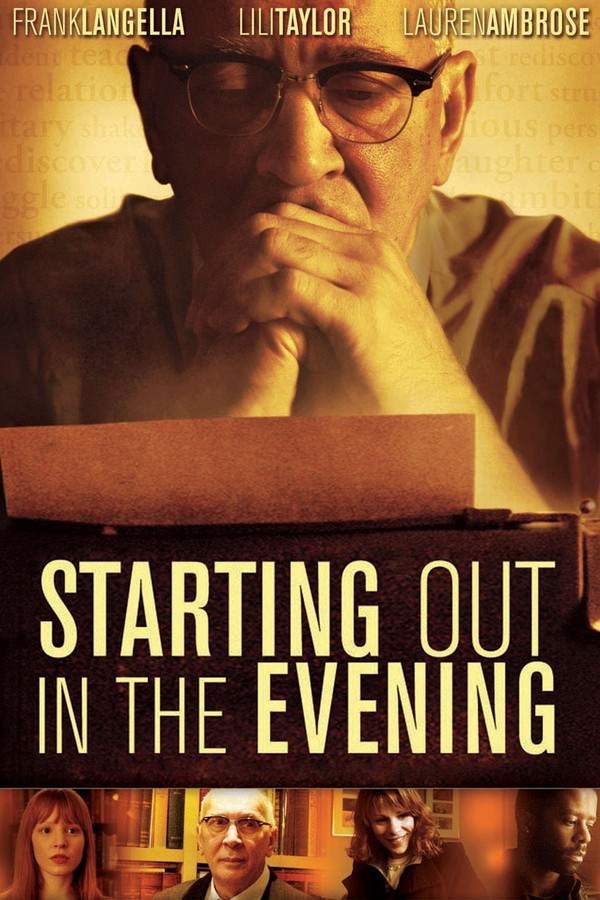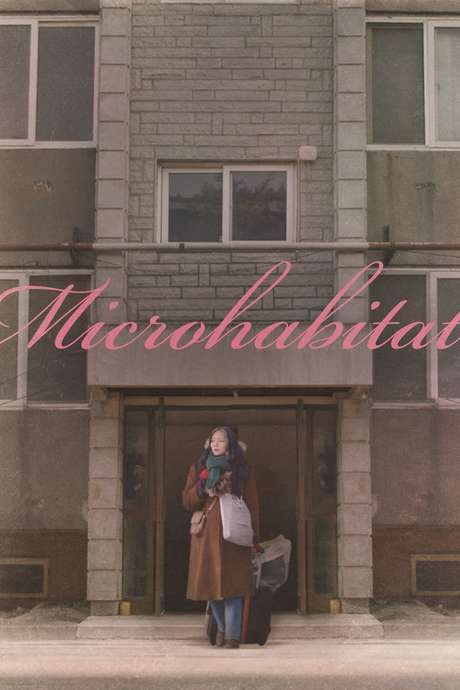
Happiness
Year: 2016
Runtime: 113 mins
Language: Cantonese
Director: Law Yiu-Fai
Following his mother's death, Chan Kai-yuk travels from Guangzhou to Hong Kong seeking the father who left them. Finding him with a new family who views him as a burden, Yuk becomes homeless and is taken in by Auntie Fen, a reclusive woman living a solitary life. Initially, their clashing personalities and Yuk's self-centeredness lead to conflict. However, Yuk discovers Fen is experiencing early-stage Alzheimer’s, prompting a change in him as he becomes a caring friend, and Fen experiences a rare feeling of connection.
Warning: spoilers below!
Haven’t seen Happiness yet? This summary contains major spoilers. Bookmark the page, watch the movie, and come back for the full breakdown. If you're ready, scroll on and relive the story!
Happiness (2016) – Full Plot Summary & Ending Explained
Read the complete plot breakdown of Happiness (2016), including all key story events, major twists, and the ending explained in detail. Discover what really happened—and what it all means.
After the death of his mother, Chan Kai-yuk [Carlos Chan Ka-Lok] leaves Guangzhou for Hong Kong in search of his father, who abandoned their family and started over with a new wife. Stripped of his job at a restaurant and facing mounting rent, he ends up sleeping on the streets until a kind hand reaches out. A chef named Kam [Louis Cheung], who works at the Beloved Community Centre—a local hub committed to helping the city’s less fortunate—offers him a chance, but Chan cannot accept it without a proper proof of address. In his moment of vulnerability, he crosses paths with Tse Yuen-fan [Kara Wai Ying-Hung], a middle-aged, childless ex-singer who lives alone after her last tenant moved out. Their first encounter is wary, yet Chan’s gesture—a simple gift of a dozen eggs—softens Tse’s guard a little, and she eventually agrees to let him become her tenant, setting the stage for a small, makeshift family to form in her quiet apartment.
With a fixed address finally in hand, Chan starts working at the Beloved Centre, where he meets Xiaoyue [Liu Yase], a Guangzhou-born social work intern, and Fong [Yan Ng], another worker who coordinates community programs. They join Chan on a food-sharing initiative, a project that not only feeds the hungry but also sparks a tentative attraction between Chan and Xiaoyue. Yet the pair’s budding closeness is complicated by the realities of their own lives and relationships, and Chan learns to navigate his feelings while remaining mindful of Tse’s careful routines and expectations.
As the days unfold, Chan’s light-hearted humor about Tse’s forgetfulness gives way to a deeper concern. Tse undergoes a quick assessment, and the results—a diagnosis of mild cognitive disorder—hit hard. Chan’s initial indifference gives way to a dawning awareness of the fragility of Tse’s independence. When she loses her bearings on the way home, fear and guilt tug at him, prompting a decision he secretly fears but cannot ignore: he will not abandon her. He temporarily withdraws from the flat, but a poignant moment of recognition—seeing Tse search for him through the neighborhood—drives him back. From that point on, he stays by her side, and with Fat’s support, Tse begins a medical regimen designed to slow the progression of her condition.
The story widens as Chan learns more about his own family history. With Fat’s help, he tracks down his father and discovers his father’s new life and family. In a moment of misplaced trust and affection, Chan secretly takes his younger stepbrother to an indoor playground and treats him to ice cream, only to face a frightening crisis when the boy experiences a peanut allergy. The emergency brings chaos to Chan’s world: his father, now married to a woman who insists on cutting ties with Chan, lashes out, and Chan is beaten. Tearfully, he agrees not to disrupt his father’s life again. Yet Tse and Xiaoyue stand by him, offering comfort and reminding him of the importance of chosen family. In a quiet moment, Tse even asks Chan to call her mother, underscoring the deep, maternal bond that has begun to redeem both their lives.
As Tse’s condition advances, she plans for the future with a will that names Chan as the beneficiary of all her possessions, including a flat she had inherited from a former employer, on one solemn condition: Chan must care for her as if he were her son. They begin to live together as a genuine family, and Tse rediscovers joy in her longtime painting hobby, letting her art fill their new domestic life. Chan continues to build a life outside of Tse’s care too, taking up a new job at a restaurant while sustaining the emotional center of his days with Tse and the people who care for them. In the meantime, Xiaoyue returns to Guangzhou, leaving a note that hints at a complicated past: she had admired Chan’s quiet, steadfast devotion to his terminally ill mother since they first met at a hospital there, even though he didn’t recognize her at the time. She explains that her own romance faltered, but she cherishes the deep connections formed in Hong Kong—especially the bond that grew between Chan and Tse.
Throughout the narrative, the film threads together themes of family—chosen and blood alike—duty, memory, and resilience. It asks what it means to care for someone who can no longer care for themselves, and how acts of kindness can ripple outward, transforming not only the caregiver but also the one who is cared for. The city becomes a backdrop for intimate, heartfelt moments: shared meals, quiet conversations in Tse’s living room, and the small, steadfast rituals that help two generations—an aging former singer and a young man trying to find his footing—find common ground. In the end, the story remains grounded in humanity: despite illness, rejection, and the complexities of love, Chan and Tse discover a familial tenderness that endures, and Xiaoyue’s departure and the note she leaves behind serve as a reminder that connection—no matter how fragile—can outlast circumstance. Their journey, anchored by care, memory, and mutual respect, speaks to the enduring possibility of family and belonging in a bustling city that never stops inviting new beginnings.
Last Updated: October 09, 2025 at 15:49
Explore Movie Threads
Discover curated groups of movies connected by mood, themes, and story style. Browse collections built around emotion, atmosphere, and narrative focus to easily find films that match what you feel like watching right now.
Bittersweet found family movies like Happiness
Unlikely connections bring solace and meaning to lives marked by loneliness and hardship.For viewers who enjoyed the emotional journey in Happiness, this section features movies about unlikely friendships and found family. These dramas share a tender, bittersweet tone, focusing on characters finding connection and purpose while navigating personal struggles like illness or displacement.
Narrative Summary
The narrative typically centers on two or more isolated characters, often from different walks of life, whose paths cross unexpectedly. Initial conflict or indifference gives way to a gradual, heartfelt connection as they care for one another. The plot is character-driven, focusing on small, intimate moments that build a powerful emotional bond, culminating in an ending that acknowledges both the beauty of the connection and the pain of the surrounding realities.
Why These Movies?
Movies in this thread are grouped by their shared focus on the redemptive power of platonic love and caregiving. They consistently blend melancholic and hopeful tones, feature slow, contemplative pacing to develop character relationships, and deliver emotionally resonant conclusions that are uplifting yet realistically tinged with sadness.
Movies about urban loneliness and connection similar to Happiness
Quiet character studies set in cities, exploring isolation and the fragile bridges people build.If you liked the intimate setting and themes of urban displacement in Happiness, explore these character-driven dramas. They share a contemplative mood and slow pacing, depicting solitary lives in the city and the rare, meaningful bonds that form against the odds.
Narrative Summary
These narratives are often straightforward and linear, following a character's internal journey as they navigate an alienating urban environment. The conflict is primarily internal or interpersonal, arising from clashing personalities or circumstances. A significant theme is the contrast between the crowded anonymity of the city and the profound intimacy of a newly formed, fragile relationship, often involving themes of aging, memory, or coping with hardship.
Why These Movies?
These films share a specific mood and setting: a melancholic, intimate feel generated by stories of urban solitude. They are united by a slow, deliberate pacing that allows for deep character immersion, a medium emotional weight that feels genuine without being overwhelming, and a focus on the quiet drama of everyday life and human resilience in a metropolitan context.
Unlock the Full Story of Happiness
Don't stop at just watching — explore Happiness in full detail. From the complete plot summary and scene-by-scene timeline to character breakdowns, thematic analysis, and a deep dive into the ending — every page helps you truly understand what Happiness is all about. Plus, discover what's next after the movie.
Happiness Timeline
Track the full timeline of Happiness with every major event arranged chronologically. Perfect for decoding non-linear storytelling, flashbacks, or parallel narratives with a clear scene-by-scene breakdown.

Characters, Settings & Themes in Happiness
Discover the characters, locations, and core themes that shape Happiness. Get insights into symbolic elements, setting significance, and deeper narrative meaning — ideal for thematic analysis and movie breakdowns.

Happiness Spoiler-Free Summary
Get a quick, spoiler-free overview of Happiness that covers the main plot points and key details without revealing any major twists or spoilers. Perfect for those who want to know what to expect before diving in.

More About Happiness
Visit What's After the Movie to explore more about Happiness: box office results, cast and crew info, production details, post-credit scenes, and external links — all in one place for movie fans and researchers.



